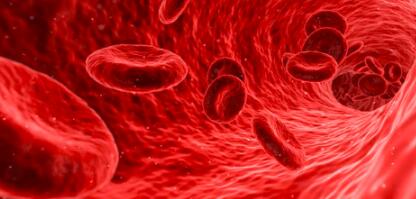
Source of pictures: pixabay
In the Journey to the West, a famous Chinese full-length novel, Sun Wukong, the Monkey King, has an amazing ability. He can transform his hairs on his body into a monkey by plucking one and blowing it into the air. This ability is so admirable that common people wish they could have. If this ability isn't just a myth and humans can have it, then we can grow our own organs outside the body to live a long-lasting life.
With the deepening understanding of biological science, it has been found that plant cells are theoretically omnipotent, that is, they have the ability to generate all cells of the plant body. When differentiated plant cells are damaged or cultured in vitro, those that have stopped dividing are able to divide again. If the initial state of cell differentiation changes, its original structure and function disappear. Instead, cells begin to acquire the characteristics before differentiation. People wonder if such a characteristic exists in human cells.
In the 1960s, such cells were discovered in mammals and named as stem cells. Stem cells can be induced to differentiate into specific human cells. Scientists also found that different stem cells have potentials to develop into many different cell types. For example, totipotent stem cells can almost differentiate into all cell types; pluripotent stem cells can differentiate into a number of cell types; unipotent stem cells can differentiate into only specific cell types.
Totipotent stem cells have the differentiation potential to construct a complete viable organism, such as the fertilized ovum. Pluripotent stem cells have the potential to differentiate into a variety of cell tissues, such as embryonic stem cells. Unipotent stem cells can differentiate into only one or two closely related cell types, such as neural stem cells and hematopoietic stem cells. But unlike in plants, these stem cells in mammals seem unable to return to their initial state once they have differentiated into specific cells.
However, there is no limit to what human can discover about themselves. In 2006, scientists introduced four specific genes into a type of cell in mice and found that the cell had characteristics similar to those of embryonic stem cells. The technology of reprogramming mature cells into those with stem cell characteristics is known as induced pluripotent stem cell technology.
The emergence of induced pluripotent stem cells has solved many ethical problems in human development, medicine and other related researches. Meanwhile, given its importance in basic research and prospect in clinical application, it is of great significance to human's self-understanding and future biomedical applications.
Author: Cao Yuanqing

















 京公网安备11010502039775号
京公网安备11010502039775号





